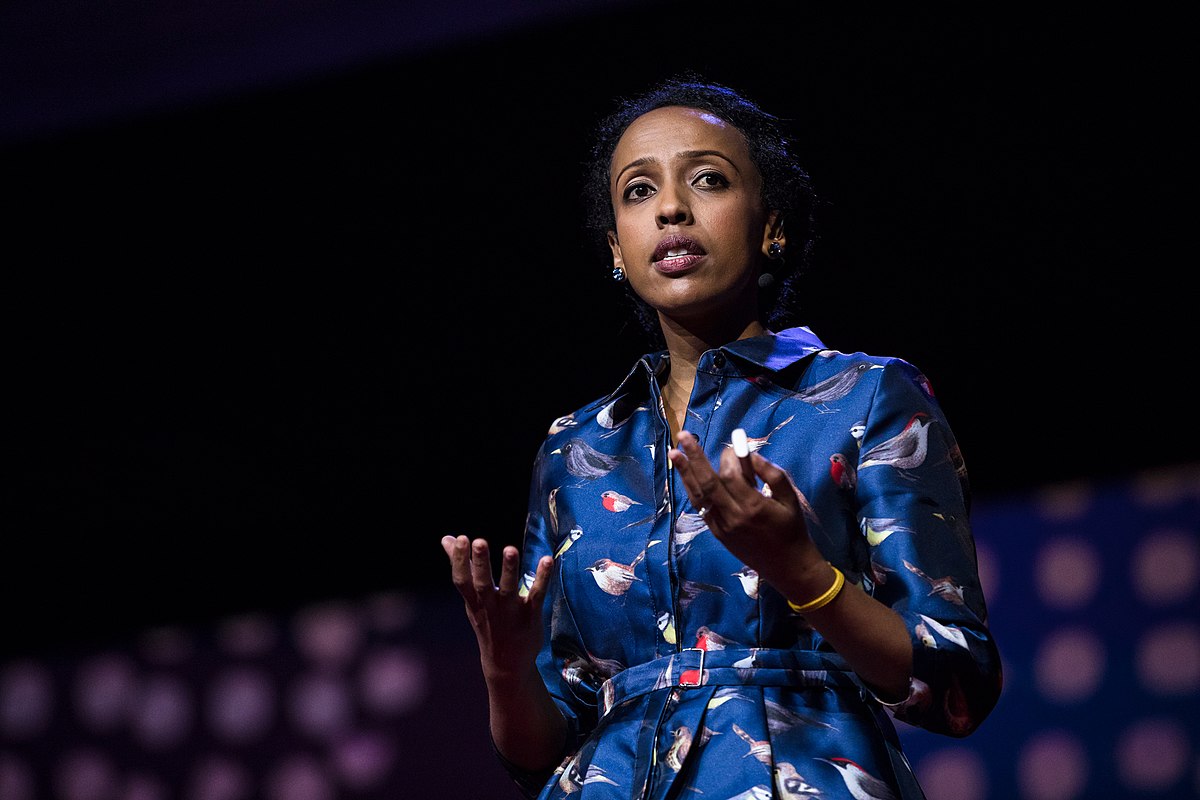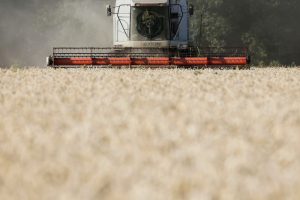The war in Ukraine has aggravated a long-term problem of food insecurity, with global wheat inventories at close to 20% of annual consumption – worse than levels seen during the Global Financial Crisis, an expert on food security has told the UN Security Council.
Sara Menker, the Ethiopian CEO of Gro Intelligence, a company that monitors food security and climate change, said the crisis started before the war in Ukraine and the Covid-19 pandemic, but is now causing serious economic shockwaves.
Gro, which uses experts in many countries and artificial intelligence to monitor food levels, estimates that price increases in major food crops this year have made an additional 400 million people food insecure – equivalent to the number of people that China lifted out of poverty in the past 20 years.
Menker listed five major challenges the world needs to act on – lack of fertiliser, climate disruptions, record low inventories of grains and logistical bottlenecks.
She warned that “without substantial immediate and aggressive coordinated global actions, we stand the risk of an extraordinary amount of both human suffering and economic damage.
“This isn’t cyclical, this is seismic,” Menker said. “It’s a once in a generation occurrence that can dramatically reshape the geopolitical era.”
Fertiliser prices have quadrupled over the past four years because of supply shocks driven by logistical bottlenecks, sanctions and export restrictions during the Russia-Ukraine war.
Global drought conditions for wheat were the worst for more than 20 years, she said, while the price of normally cheap palm oil had tripled over the past two years. Nearly 75% of global sunflower oil exports had been lost because of the Ukraine war and Indonesia recently banned palm oil exports.
Official government estimates from around the world put wheat inventories at 33% of annual consumption, but Menker said they believe the figure is closer to 20% – “10 weeks of global consumption.”
Before the war, Russia and Ukraine provided nearly a third of global wheat exports, 75% of sunflower oil supplies and were also top-five exporters of corn. But now all of Ukraine’s ports are closed.
ALSO SEE: Global Pandemic Created New Billionaire Every 30 Hours: Oxfam
WFP Hoping Billionaires ‘Will Step Up’
David Beasley, head of the World Food Programme, is well aware of the impact of the war in Ukraine on global food security.
In a panel discussion at the World Economic Forum in Davos on Monday, Beasley accused Russia of waging war on global food security by blockading Ukraine’s ports. He said “hundreds of millions were “marching to starvation” because Vladimir Putin had sparked the worst humanitarian crisis since World War Two.
“Failure to open up the ports is a declaration of war on global food security,” Beasley said. “The breadbasket of the world now has the longest bread lines of the world.”
Beasley said later he was hoping that billionaires such as Elon Musk, who he had brief contact with last year, will contribute to the fight against world hunger.
In response to Beasley’s challenge last year to the super wealthy to end global hunger, Musk said he would sell $6 billion of Tesla stock and donate it to the World Food Programme if the organisation gave more information about how it spent its money.
Beasley, who eventually quit the exchange after an unproductive back and forth, said he was ready to meet Musk to detail his ideas, even if there is no direct contact between the two now.
“But .. there’s a lot of wealthy people in the world who can step up, not just Elon,” Beasley said on the sidelines of the panel discussion. “But hopefully we’ll still get him to step up.”
• Jim Pollard with Reuters
ALSO on AF:
Chinese Trade With Russia Feels Sting of Ukraine, Sanctions
US Will ‘Absolutely’ Cut Off Chinese Firms Busting Russia Sanctions
Chinese Payment Stocks Soar Amid SWIFT Curbs Against Russia






















